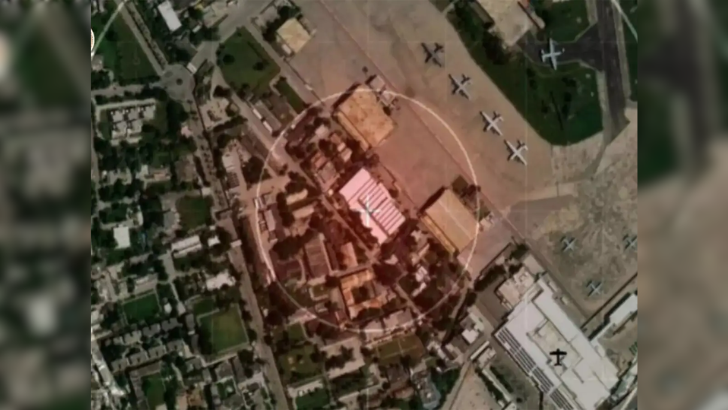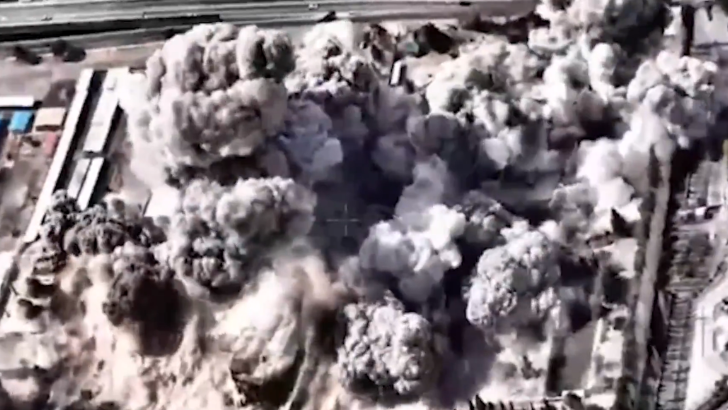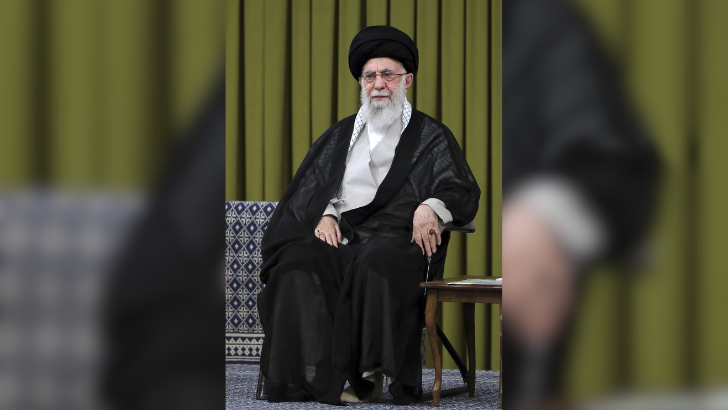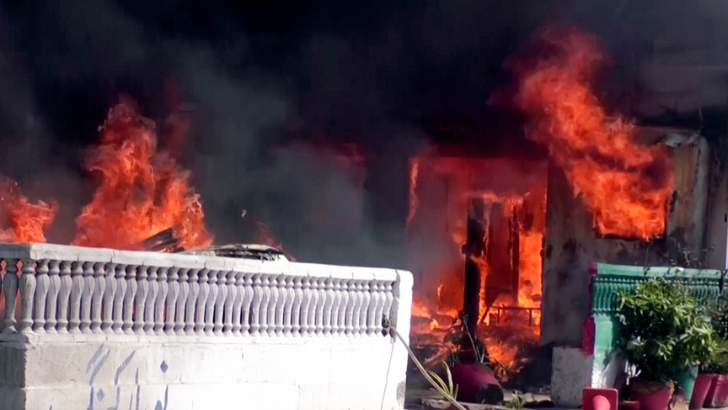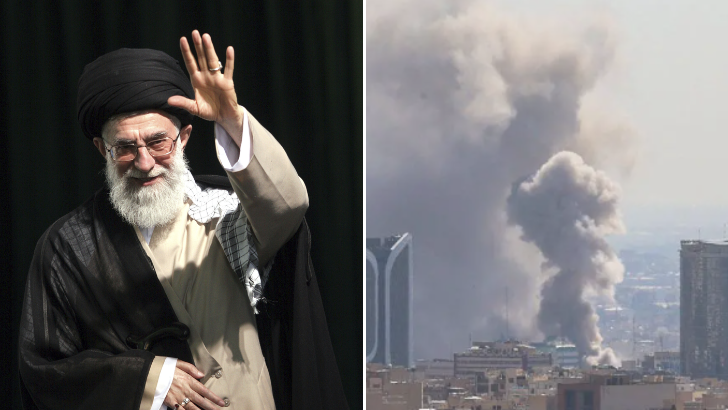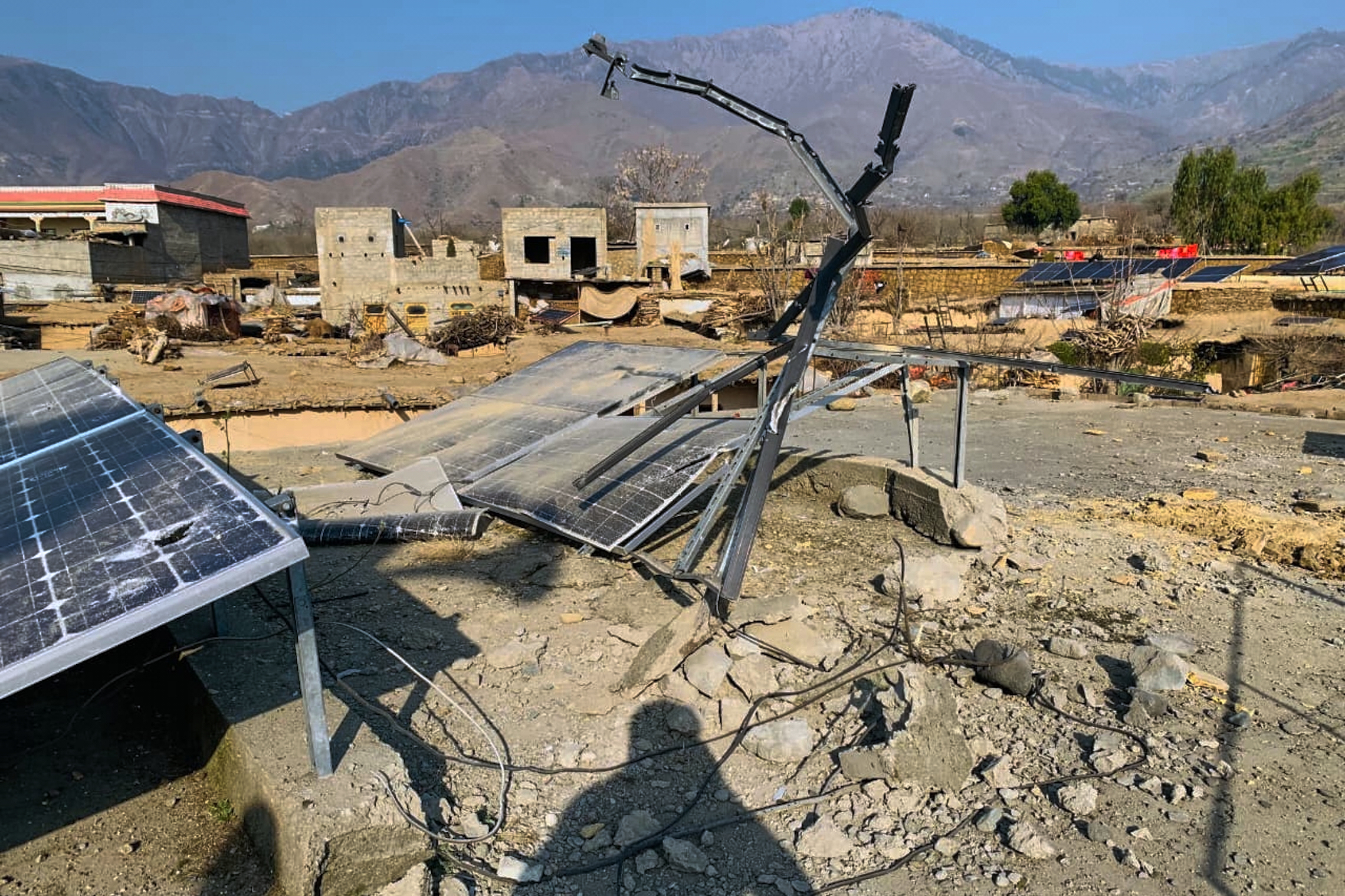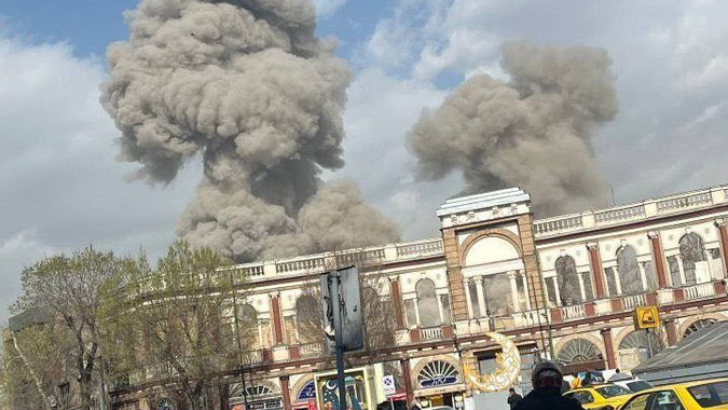Israel strikes military tanks in southern Syria as Syrian forces clash with Druze militias
Israel struck military tanks in southern Syria as deadly clashes erupted between Druze militias, Bedouin tribes, and government forces in Sweida.
PTI
-
Israel said it struck tanks in southern Syria as government forces and Bedouin tribes clashed with Druze militias. (Representative image/ANI)
Busra al-Harir, 14 July
Israel's army said Monday it has struck military tanks in southern Syria as Syrian government forces and Bedouin tribes clashed with Druze militias there.
Dozens of people have been killed in the fighting between local
militias and clans in Syria's Sweida province. Government security forces that
were sent to restore order Monday also clashed with local armed groups.
Syria's Interior Ministry has said more than 30 people died and
nearly 100 others have been injured in that fighting. The Syrian Observatory
for Human Rights, a UK-based war monitor, reported at least 64 dead, including
two children, a woman and six members of the security forces.
The clashes in Syria initially broke out between armed groups from
the Druze and Sunni Bedouin clans, the observatory said, with some members of
the government security forces “actively participating” in support of the
Bedouins.
Interior Ministry spokesperson Noureddine al-Baba said government
forces entered Sweida in the early morning to restore order.
“Some clashes occurred with outlawed armed groups, but our forces
are doing their best to prevent any civilian casualties,” he told the state-run
Al-Ikhbariya TV.
The observatory said the clashes started after a series of
kidnappings between both groups, which began when members of a Bedouin tribe in
the area set up a checkpoint where they attacked and robbed a young Druze man.
Rami Abdurrahman, who heads the observatory, said the conflict
started with the kidnapping and robbery of a Druze vegetable seller, leading to
tit-for-tat attacks and kidnappings.
Syria's defence and interior ministries were deploying personnel
to the area to attempt to restore order.
The Interior Ministry described the situation as a dangerous escalation that “comes in the absence of the relevant official institutions,
which has led to an exacerbation of the state of chaos, the deterioration of
the security situation, and the inability of the local community to contain the
situation despite repeated calls for calm.”
Israel has previously intervened in Syria in defence of the Druze religious minority. In May, Israeli forces struck a site near the presidential palace in Damascus, in what was seen as a warning to Syrian interim President Ahmad al-Sharaa.
Israeli Prime Minister Benjamin Netanyahu and Defence Minister
Israel Katz said in a statement at the time that Israel “will not allow the
deployment of (Syrian government) forces south of Damascus or any threat to the
Druze community.”
Over half of the roughly 1 million Druze worldwide live in Syria.
Most other Druze live in Lebanon and Israel, including in the Golan Heights,
which Israel captured from Syria in the 1967 Mideast War and annexed in 1981.
In Israel, Druze are seen as a loyal minority and often serve in
the armed forces.
Factions from the Druze minority have been suspicious of the new
authorities in Damascus after former President Bashar Assad fled the country in
December during a rebel offensive led by Sunni Islamist insurgent groups. On
several occasions, Druze groups have clashed with security forces from the new
government or allied factions.
The Druze developed their own militias during the country's nearly
14-year civil war, during which they sometimes faced attacks by the Islamic
State and other Islamist militant groups.
Israel has taken an aggressive stance toward Syria's new leaders
since Assad's fall, saying it does not want Islamist militants near its
borders. Israeli forces earlier seized a UN-patrolled buffer zone on Syrian
territory along the border with the Golan Heights and have launched hundreds of
airstrikes on military sites in Syria.
The Trump administration has been pushing for the new Syrian
government to move toward normalisation with Israel. Syrian officials have
acknowledged holding indirect talks with Israel to attempt to defuse tensions,
but have not responded to reports that the two sides have also held direct
talks.
US envoy to Syria Tom Barrack told The Associated Press last week
that he believes normalising ties will happen “like unwrapping an onion,
slowly.”
Leave a Reply
Your email address will not be published. Required fields are marked *
gwmcdcjvev
SALAR NEWS gwmcdcjvev http://www.g211142y1mt7k60lpiwr9i4t102mwq9vs.org/ [url=http://www.g211142y1mt7k60lpiwr9i4t102mwq9vs.org/]ugwmcdcjvev[/url] <a href="http://www.g211142y1mt7k60lpiwr9i4t102mwq9vs.org/">agwmcdcjvev</a>








.jpg)


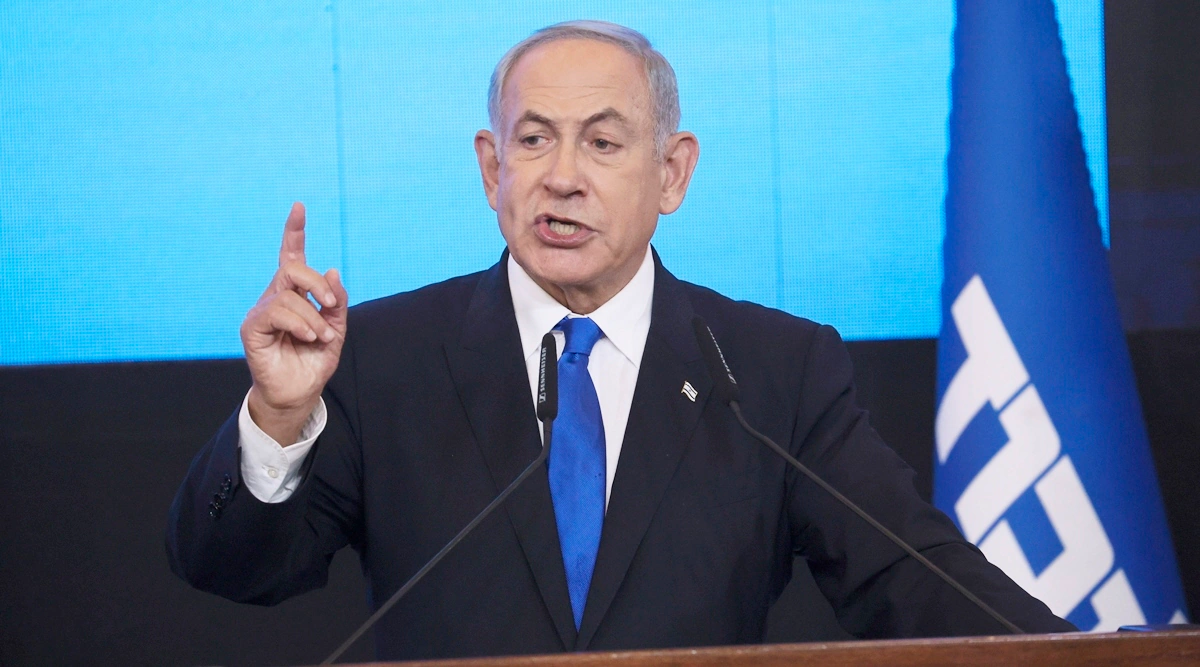
.jpg)
